
Insights
Featured

The Montreal Protocol's Quiet Power (And What It Could Do Next)
Escalation of R&D, commercial investment and public concern about proposed emission of aerosols into the stratosphere to impact climate reached the Montreal Protocol Meeting of the Parties MOP37 made rising stratospheric activity especially timely this year.
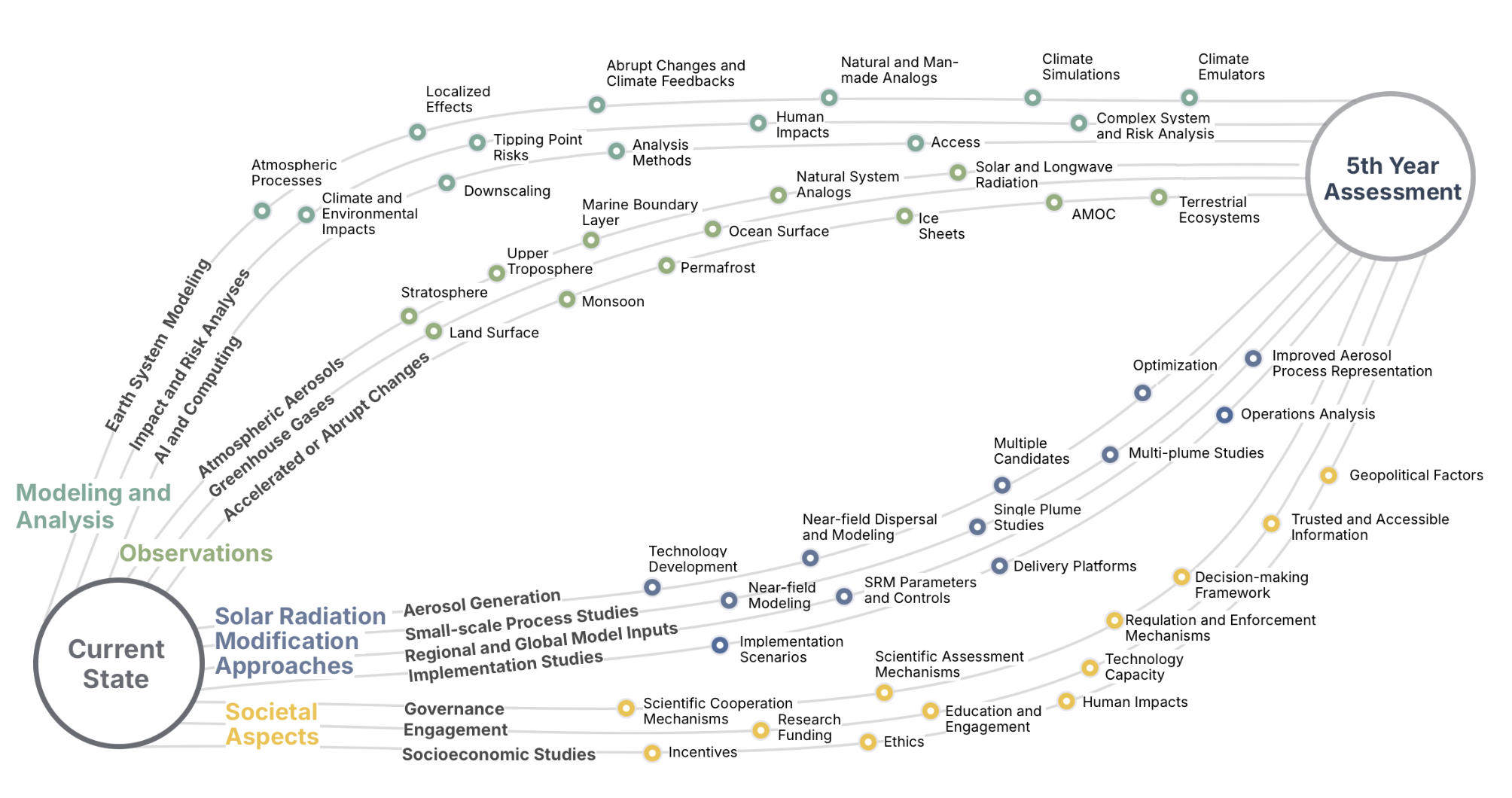
SilverLining Unveils Interactive Roadmap for Research and to Advance Understanding of Near-Term Earth System Risk and Possible Responses
SilverLining Unveils Interactive Roadmap for Research and to Advance Understanding of Near-Term Climate Risk and Intervention. The 5-year digital roadmap includes ambitious improvements to climate observations and models and study of a portfolio of rapid interventions.

SilverLining Public Comment on Petition for Rulemaking Regarding Maintaining Records and Submitting Reports on Weather Modification Activities
Rapid and effective reporting, regulation and enforcement for weather modification and climate intervention activities would be best achieved in a structure in which the National Oceanic and Atmospheric Administration (NOAA) provides research and analysis of weather and climate impacts in support of a program of registration, permitting and enforcement by the Environmental Protection Agency (EPA). To achieve this, NOAA should expand relevant research and, with EPA, collaborate in the design of relevant processes. Within this, to support critical research, small-scale emissive research studies should be supported and exempted from permitting requirements for impact-scale activities.

A New Global Modeling Protocol for Marine Cloud Brightening
Marine cloud brightening (MCB) is a promising approach to reducing near-term climate impacts and risks by dispersing sea salt particles (aerosols) into low marine clouds to make them reflect slightly more sunlight back into space to cool the climate.
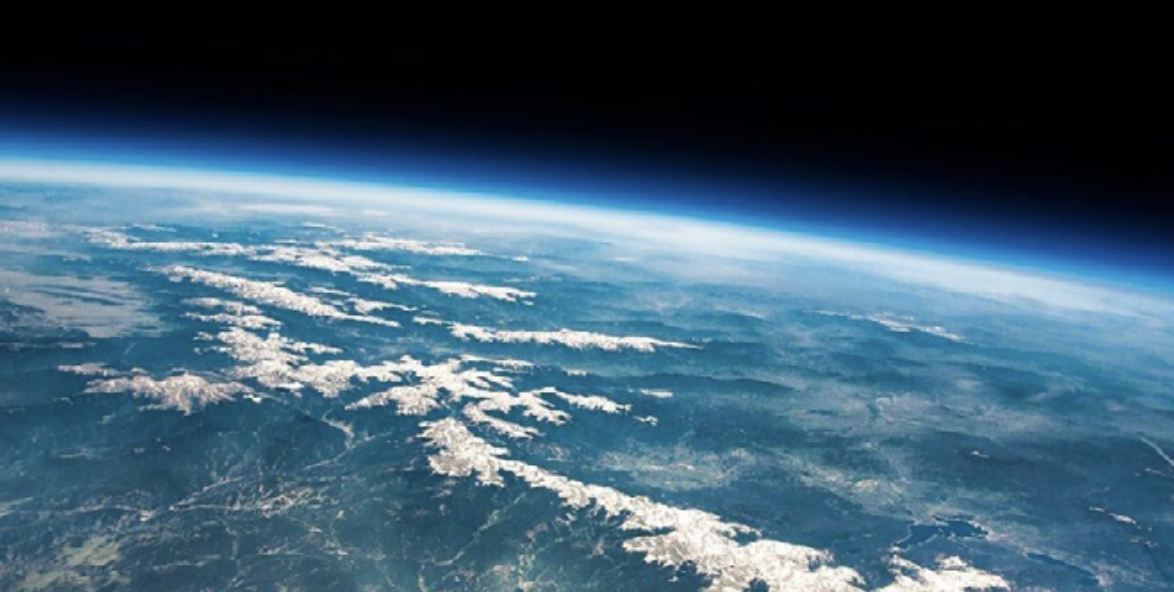
Atlantic Council Issue Brief: Accelerating Earth System Intervention Research to Improve Global Security
The world is currently experiencing unprecedented global temperatures and extreme weather events, with record heat waves and devastating storms. Last month, the world experienced the hottest days ever observed, with four days of record-breaking temperatures taking place in the span of just one week. Around the globe, climate-linked disasters are occurring more frequently, and scientists continue to publish research on the escalating risks of natural systems crossing major climate tipping points.

NYU Langone Health Forms New Partnership to Minimize Deaths from Extreme Heat
Project HEATWAVE, a new research initiative aimed at improving how we project and prepare for the risks associated with extreme heat, launched today as an international, collaborative effort led by top researchers from NYU Langone Health, Georgia Institute of Technology, and SilverLining, a non-profit climate research organization.

On World Ozone Day, there is HOPE: A new platform for observing the stratosphere
Far above us, in the stratosphere, the world’s ozone layer protects people and natural systems from the sun’s harmful ultraviolet rays. Much of the life on Earth has adapted to live under this protection. In the twentieth century, as society developed new technologies, especially refrigeration and cooling, we released chemicals that traveled to the stratosphere and depleted some of this stratospheric ozone, creating expanding “holes” through which protection did not occur. With the use of these chemicals growing rapidly, projected damage to the ozone layer posed an existential threat to humanity.
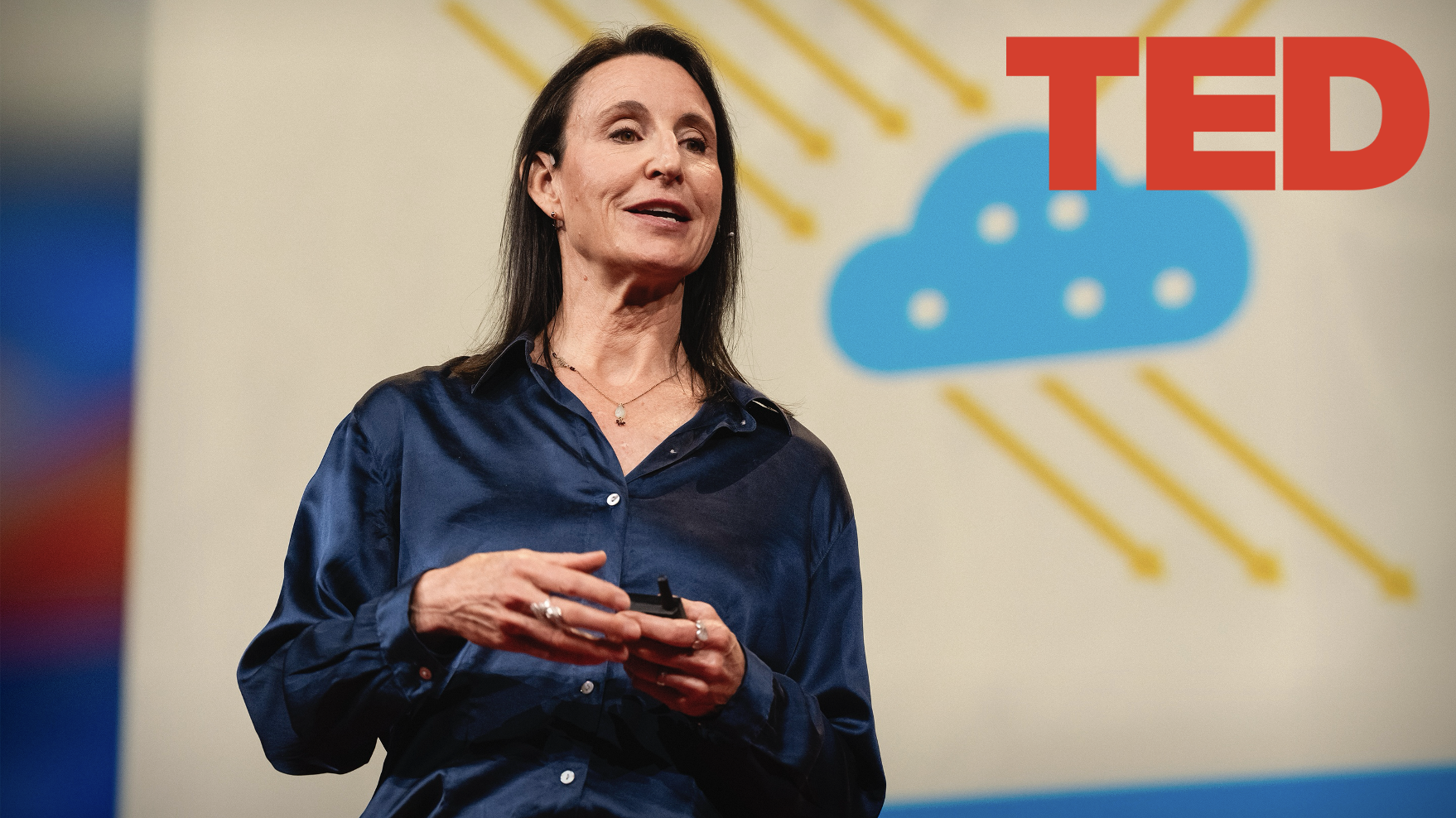
Clouds, Aerosols and Coastal Research: A TED Talk from Dr. Sarah Doherty
In 2019, I was invited to give a TED Talk on emergency medicine for climate. In the five years since, climate extremes have escalated in the US and around the world — from Bangladesh to Brazil and Phoenix to Florida — with June breaking more than 1,000 temperature records around the world. As the world warms unusually quickly, these record extremes are accelerating changes in natural systems and devastating people and communities.
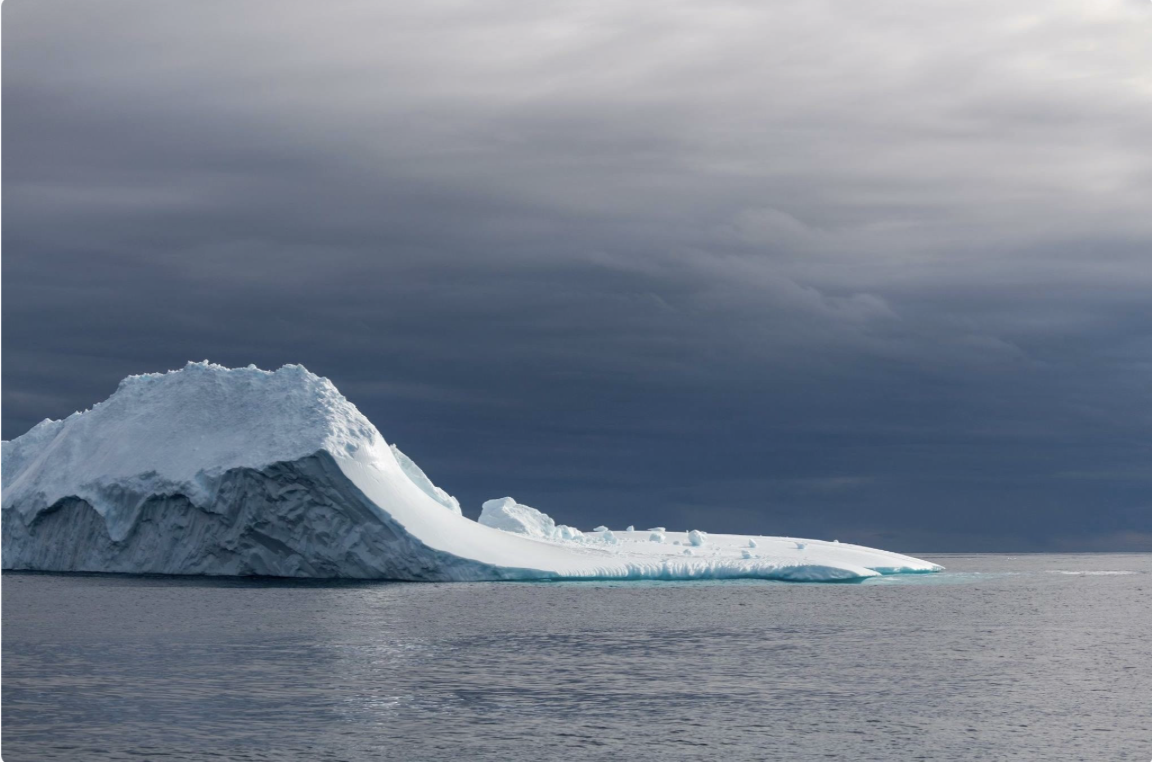
UNFCCC Dialogue: SilverLining Submission on Marine Atmosphere Research
As part of our efforts to improve society’s understanding of key influences on near-term climate change, SilverLining provided input to the 2024 Ocean and Climate Change Dialogue. This activity within the United Nations Framework Convention on Climate Change (UNFCCC) is designed to elicit scientific and technical input to strengthen ocean-based climate action.
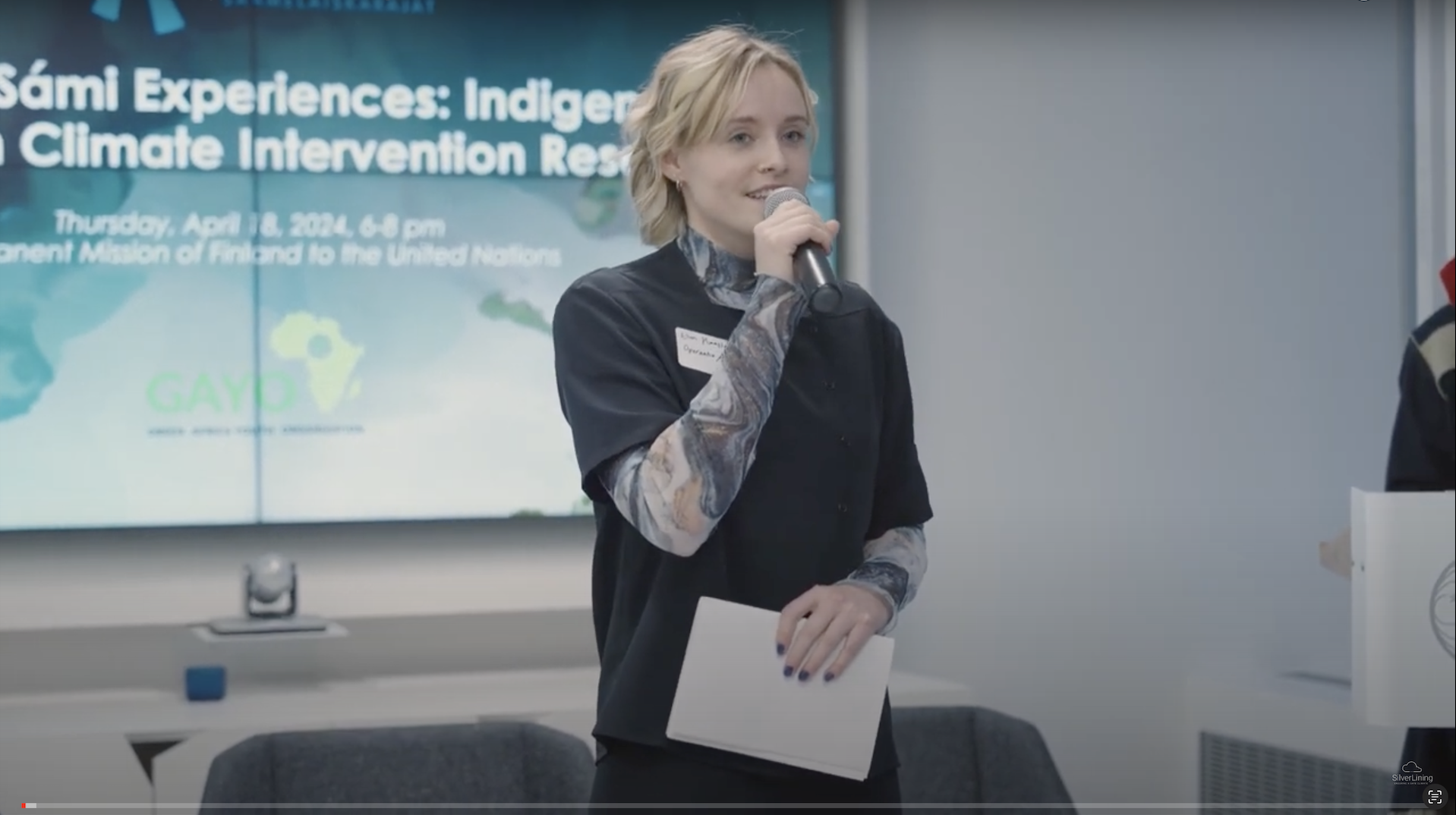
Sharing Sami Experiences: Near-Term Tipping Points and Research
Against the backdrop of the 23rd session of the UN Permanent Forum on Indigenous Issues, the Sámi Parliament of Finland partnered with SilverLining and youth-led organizations Operaatio Arktis and Green Africa Youth Organization to host a discussion of Indigenous voices on climate intervention research.

New Atmosphere Studies and Public Engagement Center launch in the San Francisco Bay Area
The Marine Cloud Brightening (MCB) Program, an open collaboration of atmospheric scientists and other experts to study how clouds respond to particles — also called aerosols — in the atmosphere, today initiated new climate studies and launched the Coastal Atmospheric Aerosol Research and Engagement (CAARE) facility at the USS Hornet Sea, Air & Space Museum, a Smithsonian Affiliate located in Alameda, California.
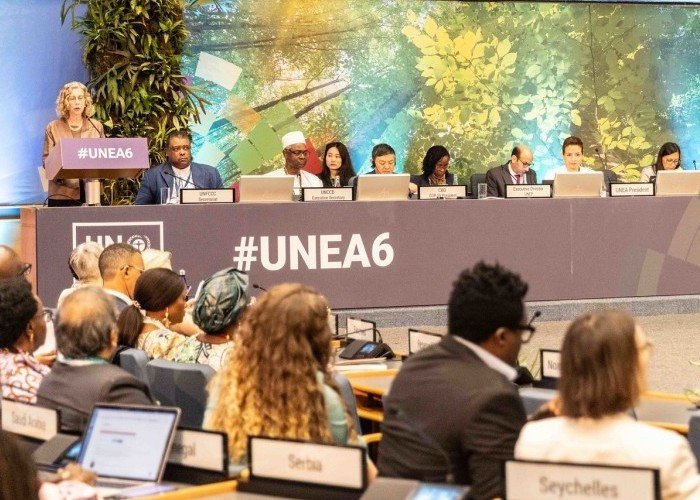
SilverLining Applauds Discussions on Sunlight Reflection Research at the UN Environment Assembly
The Sixth Session of the UN Environment Assembly (UNEA-6) in Kenya is concluding today. A significant topic of the international convening was a proposed resolution to establish a panel to review scientific and societal considerations on a prominent form of rapid climate intervention: releasing particles into the atmosphere to reflect sunlight or alter the properties of clouds, also known as solar radiation modification (SRM).

SilverLining — 5 Years of Impact: Scientific Research
SilverLining is celebrating its five-year anniversary. At this milestone, we are reflecting on our progress across the many initiatives that collectively deliver against our mission of ensuring a safe near-term climate.

SilverLining’s R3OC Rapid Response Observing Campaign
On December 18th, a volcano on Iceland’s Reykjanes Peninsula began an extended eruption. We are thinking of everyone impacted by the eruption and wishing for safety for residents, first responders, and the community. While the eruption is disruptive and dangerous, it is also a powerful natural experiment for the study of the effects of aerosols on clouds, atmosphere and climate.

SilverLining Spotlight: COP28
Emerging from the global climate summit, COP28, the world is at a pivotal moment. Progress was made, including major commitments to reduce the super-polluting greenhouse gases that cause exorbitant near-term warming and commitments for Loss and Damage funds to help developing countries adapt to the impacts of warming that they did not cause. But as the climate experiences record extremes and approaches dangerous thresholds for warming, enormous work remains. With increasing acknowledgement that targets cannot be met, we now have a moral imperative to invest in research on climate interventions to assess their potential to reduce harm.

Climate intervention requires international research and the Global South has contributions to make
Challenging times are ahead for all of us who call this small blue planet home. The planet will continue warming due to emissions already in the atmosphere at least for the next 40 years even if we stop polluting right now, and yet emissions continue to rise. Tragically, we are in a place where emission reductions are not advancing fast enough and we don't have any indication that our elected leaders are ready to step up to the challenge. In this context, we’ll have to rely on human ingenuity and our unprecedented problem solving capacity to protect our common future. All options must be on the table.
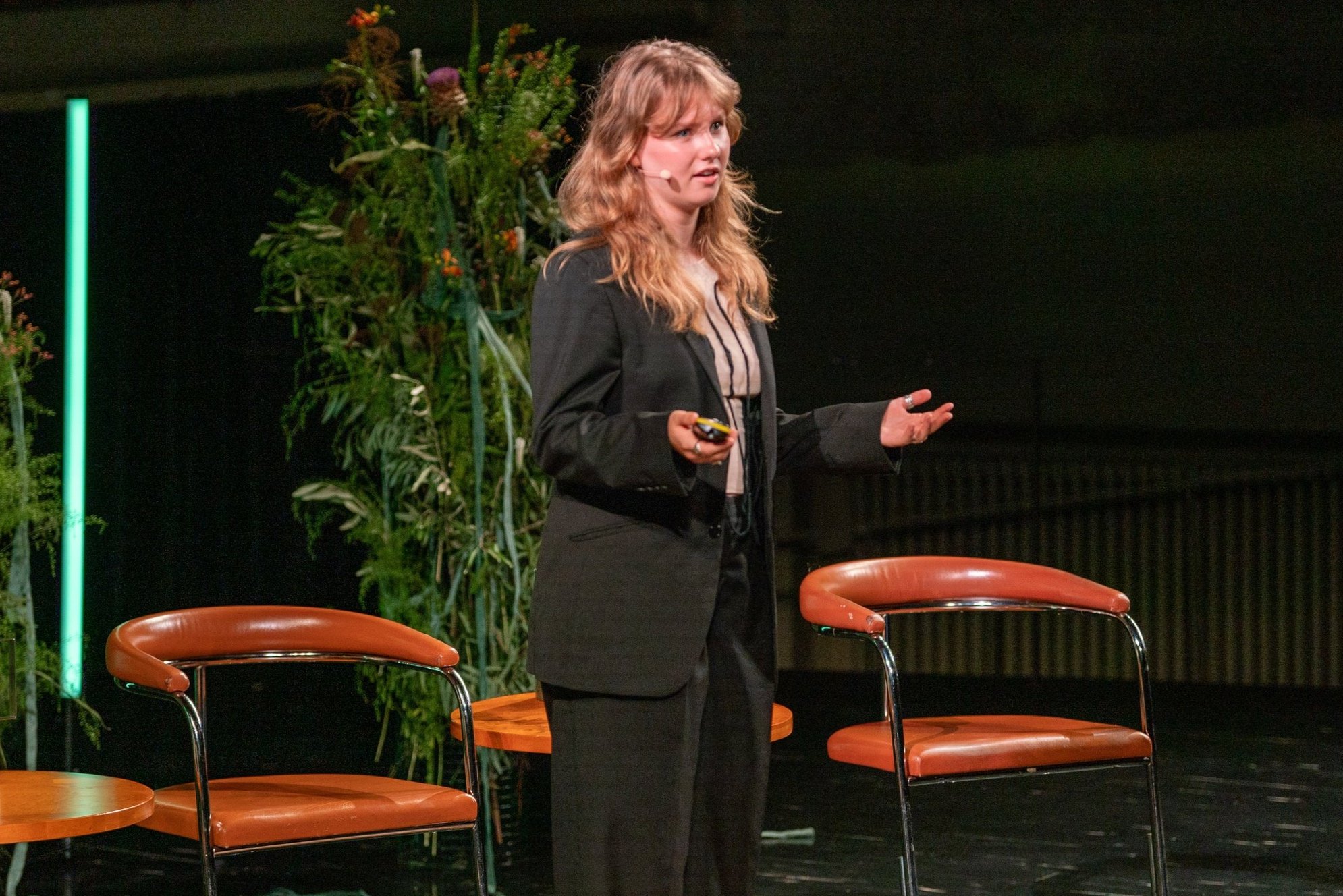
Reflections from ARCTIC MOMENTUM in Finland: Entering a New Paradigm
Recently, the SilverLining team had the privilege to participate in and support a remarkable event held by youth-led Operaatio Arktis in Helsinki, Finland.
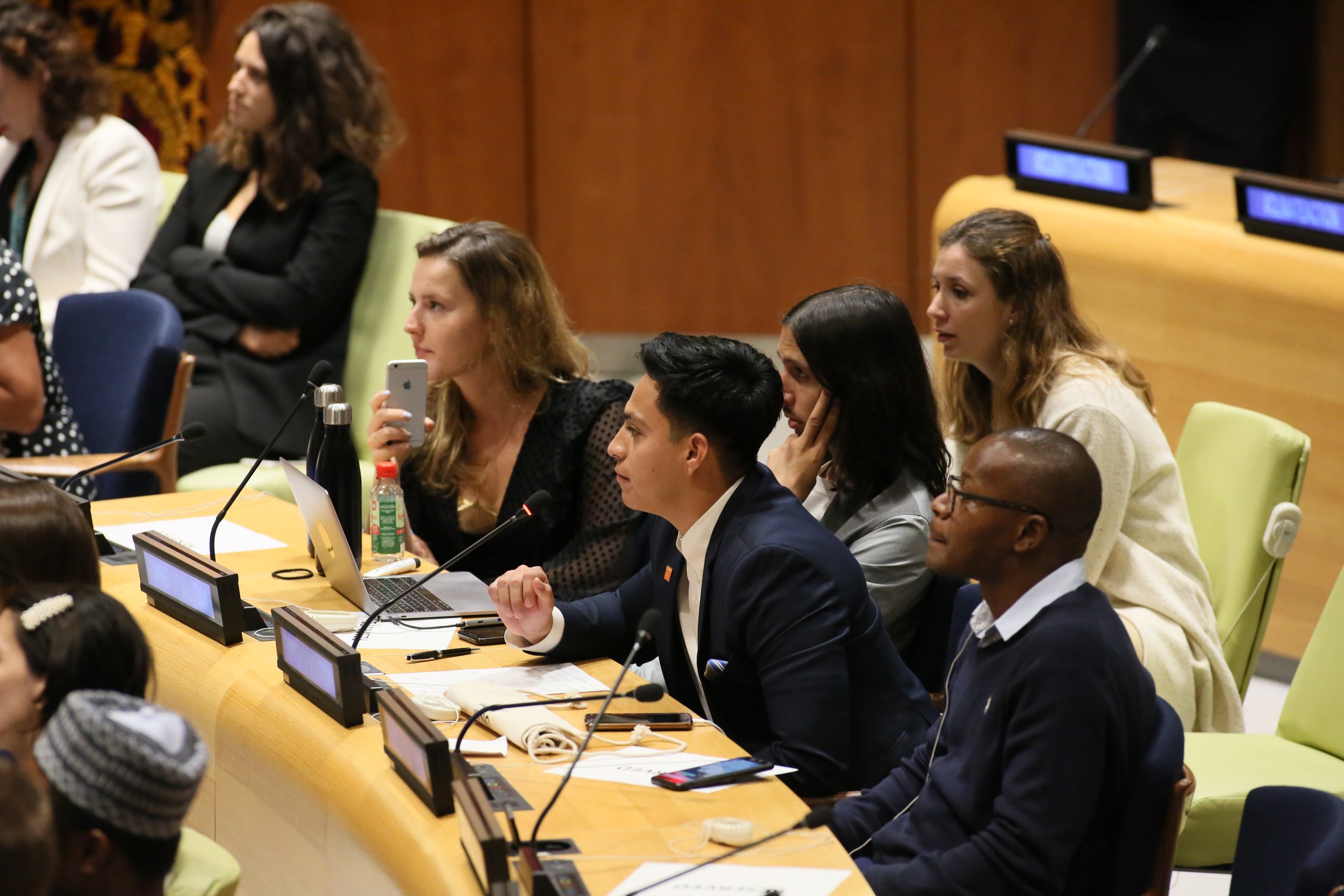
Empowering Youth for Climate Intervention: Insights from the 2023 Global Youth Summit on Near-term Climate Risks and Interventions
The recent Sixth Assessment (AR6) synthesis report by the Intergovernmental Panel on Climate Change paints a stark reality - the world is hurtling towards surpassing the critical 1.5°C global warming threshold. The imperative to limit global warming to a maximum of 1.5°C above pre-industrial levels is not merely a statistic, but a safeguard against an array of catastrophic impacts.

The SilverLining Spotlight - August 30, 2023
With deadly landslides in India, floods in China, heat extremes from Morocco to Japan, tropical storms in California, and devastating fires in Maui, we appear to have entered a more dangerous and uncertain phase of climate change.
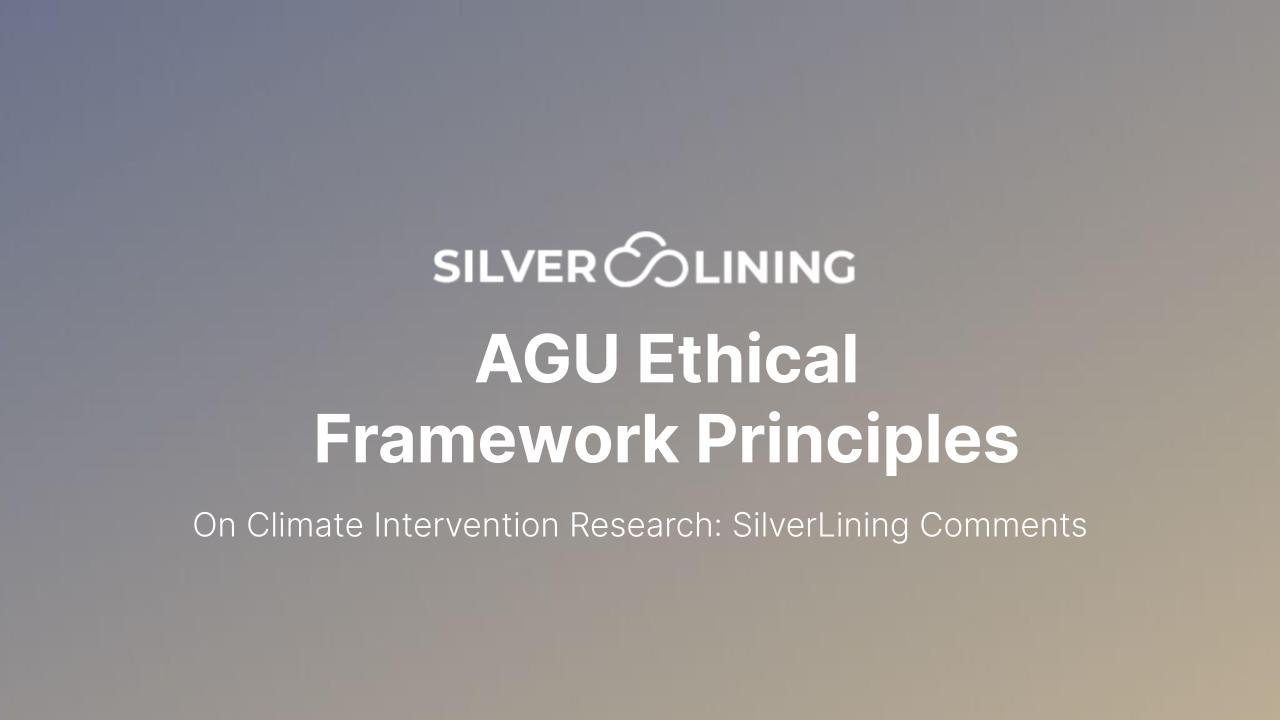
SilverLining comment on the proposed “AGU Ethical Framework Principles on Climate Intervention Research”
We are supportive of the concerns driving the AGU’s Ethics Framework effort; but we are concerned that the deficiencies in the draft document and the process by which it is being developed pose risks to the generation of scientific evidence on climate interventions, to scientific independence and objectivity, and to its own stated goals of transparency, inclusiveness and justice.
